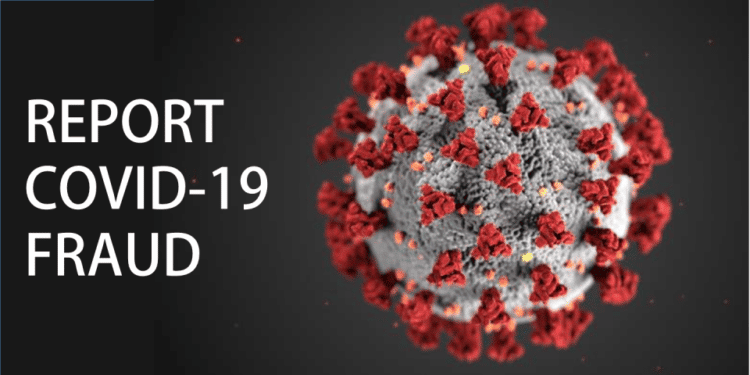A USA Today investigation found that hundreds of millions of dollars in COVID-19-related government contracts have gone to vendors previously accused of fraud.
In response to the pandemic, the federal government has given out more than $16 billion in coronavirus contracts in exchange for supplies and services ranging from masks to video productions. Focusing on 15 of the largest and hardest-hit states, USA Today reporters reviewed more than 1,600 coronavirus contracts awarded without any competitive bids. Their analysis reveals that through late May, vendors accused of violating the False Claims Act received more than 6,100 pandemic-related orders worth nearly $500 million. In addition to False Claims Act violations, USA Today found vendors who previously faced allegations of numerous other types of fraud and corruption received coronavirus contracts. In most cases, the vendors settled charges without admitting wrongdoing and are therefore not prohibited from receiving future government contracts.
In the past, quick government spending in response to emergencies such as Hurricane Katrina has led to numerous cases of fraud and False Claims Act violations. For example, a False Claims Act whistleblower was awarded $2.3 million for revealing a scheme to defraud FEMA of Hurricane Katrina Relief Funds. In the government’s current response to the pandemic, a combination of large spending with minimal oversight may lead to many instances of fraud. USA Today’s report found that government contracting officers under the Trump administration are handling nearly five times as many cases as they were under the Obama administration. In addition to this staffing issue, the need to quickly respond to the pandemic led to oversight procedures regarding government contracts becoming more relaxed.
Many of the fraud charges and False Claims Act violations previously filed against vendors stemmed from whistleblower claims. Whistleblowers either filed qui tam lawsuits under the False Claims Act or submitted complaints through the U.S. Securities and Exchange Commission (SEC) Whistleblower Program. Given the vital role whistleblowers have traditionally played in exposing fraud and corruption, with the lack of government oversight in awarding coronavirus contracts, whistleblowers will be essential in exposing vendors who violate the False Claims Act or SEC regulations. A May address by the co-head of the SEC, Steven Peikin, revealed that SEC whistleblower reports have already risen by 35% in response to the pandemic. Senator Kamala Harris and Representatives Jackie Speier (D-CA) and Jamie Raskin (D-MD) proposed a bill last month that seeks to ensure protection from retaliation for coronavirus whistleblowers.
The False Claims Act is the United States’ oldest and most important whistleblower law. In 1863, President Lincoln signed the FCA into law to incentivize citizens to aid the government in fighting the rampant military contract fraud during the civil war. Updated in the 1980s, the False Claims Act continues to serve the purpose of exposing government contract fraud through incentivizing and protecting whistleblowers. The False Claims Act qui tam provision allows individuals with firsthand knowledge of fraud to report it to government officials and work alongside the government investigators. Whistleblowers who provide original information leading to an enforcement action are entitled to 15-30% of the proceeds collected by the government under qui tam reward provision.
Established in 2010 with the passage of the Dodd-Frank Act, the SEC Whistleblower Program is an essential tool in fighting corporate fraud. Individuals with knowledge of corporate fraud may file a whistleblower report through the SEC Office of the Whistleblower. If the information leads to an enforcement action, the whistleblower may be eligible for a whistleblower award of 10-30% of the proceeds collected by the government. The SEC Whistleblower Program also includes anti-retaliation protections for whistleblowers.
From USA Today:
Hundreds of millions of dollars goes to COVID-19 contractors accused of prior fraud


